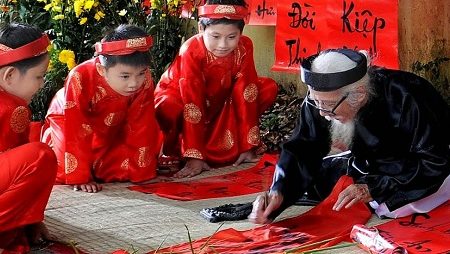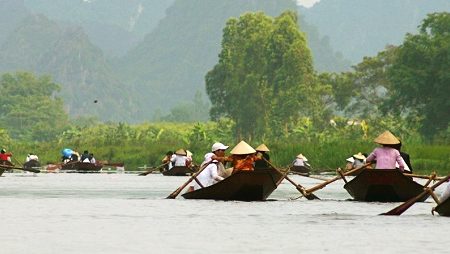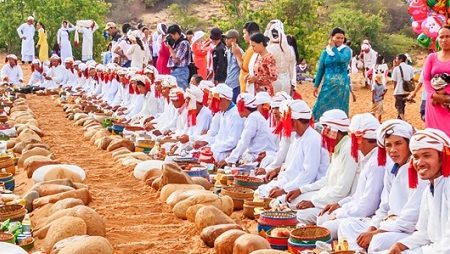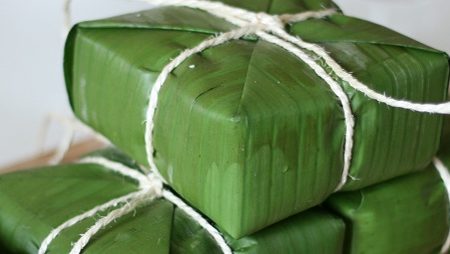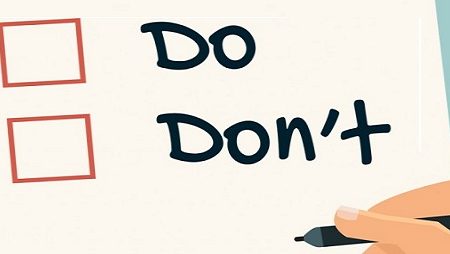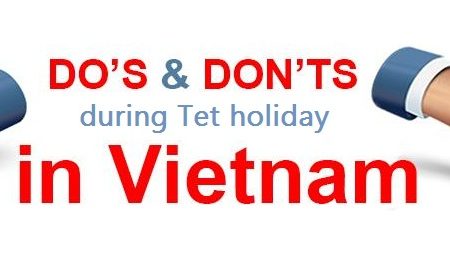It is possible to assert that Lunar New Year Festival as well as Tet holiday is the most significant traditional holiday of Vietnamese people. No matter where they are working, coming back to their hometown and enjoying the new-year holiday with their family is what they always expect each time the end of the year is drawing near. Have you ever heard about it before? It also coincides with the new-year holiday of some other Asian countries, such as China, Singapore, Korea, North Korea, and Mongolia. Then, don’t lose out on the traditional festival for your Vietnam tour and holiday.
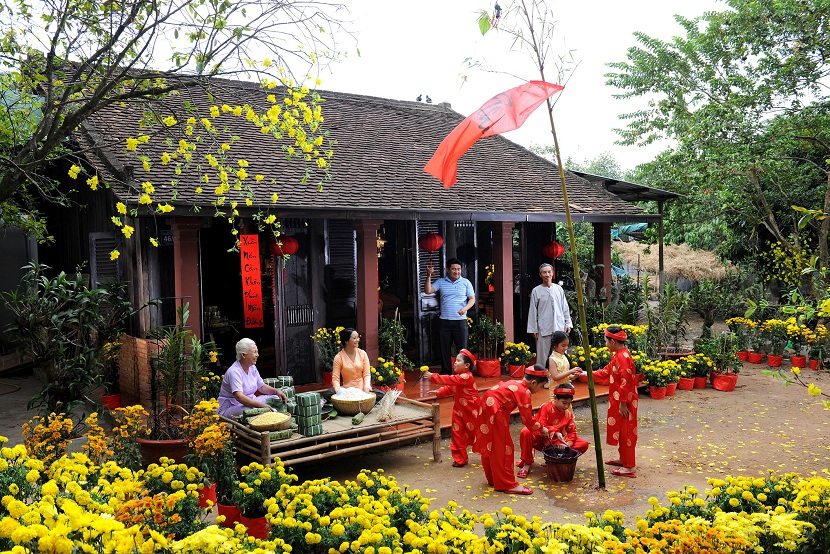 Explore the traditional Lunar New year festival in Vietnam
Explore the traditional Lunar New year festival in Vietnam
Time
Lunar New Year Festival of Vietnamese traditionally lasts within three days (the first, second and third days of the first lunar month of the year). Nevertheless, Vietnamese people often consider the preparation to be the most significant part of the holiday, so the vibrant atmosphere starts occurring to every street corner, house, and market from the last days of the lunar year. Depending on the number of days in the last lunar year, the Vietnamese new-year festival will fall at the end of January or the beginning of February in the Western calendar.
Interesting activities in Vietnamese traditional Lunar New year festival
Worshiping Kitchen God (Ong Tao) on December 23rd in the lunar calendar: It is possible to say that the pulsating atmosphere of the new-year festival covers everywhere since this Kitchen God day. Why do people practice this rite in traditional Lunar New year festival in Vietnam? The meaning behind it is that each family will open a grand farewell for kitchen deities before they start the journey to Heaven and are supposed to report to Jade Emperor on different aspects of the life on the earth through the last year. In this day, mothers and grandmothers will cook traditional dishes, like steamed sticky rice for the deities.
Decorating and adoring houses: It will be interesting to see the perspective in which people make their homes more beautiful with red, green, yellow patterns and items considered as wishes for luck in a new year.
Worshiping ancestors (it also means inviting the ancestors back to the traditional Lunar New year festival), and holding a year-end party: In the afternoon of the last day of a lunar year, all members of the family will prepare a meal for ancestral worship, which is supposed to be the act of inviting their ancestors back to the year-end party as well as the new-year festival.
Having a New Year’s Eve party (witnessing fireworks and going to the pagoda to ask for good luck): It is true that each region through Vietnam will keep a specific rite in celebrating New Year’s Eve, but in general, it is the right time when people see fireworks bright in the sky and ask bud (good luck) at the pagoda.
Gathering and talking each other about meanings of wishing people a Happy New Year and the custom of giving “lucky money”: For each Vietnamese person, it is the greatest moment of the year when they can share everything with their family. At that time, they also give and receive “lucky money” (lixi) as the symbol of the best luck in the next year.
In addition, there are also other activities, such as visiting teachers, friends, and colleagues to wish them also a Happy New Year, and practicing the Tao Mo rite (the rite is about cleaning and adorning graves of the ancestors, which demonstrates the ethical tradition of Vietnamese. If experiencing the holiday in rural regions, you can also join absorbing cultural festivals of ethnic people which will wow you so much whereby you understand more the Tet holiday of Vietnam.
Book now: The road of the world heritage 6 days price from $290

